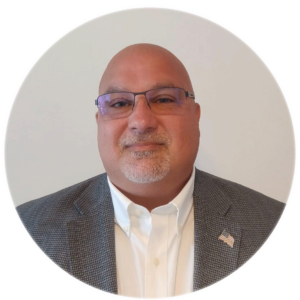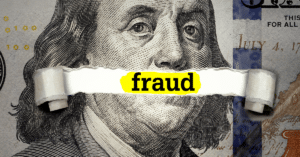Medical billing fraud is a costly and widespread issue that affects more than just finances—it impacts resources, patient care, and the integrity of the healthcare system. Fraudulent billing schemes siphon billions of dollars annually, burdening taxpayers and diverting critical funds away from patients in need.
But there’s good news. By learning to recognize fraud and taking action, you can play a vital role in protecting healthcare integrity while potentially earning significant rewards. This article will help you understand medical billing fraud, its impact, and how to address it effectively.
Understanding Medical Billing Fraud
Medical billing fraud occurs when healthcare providers intentionally submit false or misleading claims to receive improper payments. This unethical practice undermines trust in the system and wastes valuable resources. While fraud can take many forms, here are the top five schemes to watch out for in 2025:
- Upcoding. Billing for a more expensive procedure than what was actually provided.
- Double Billing. Charging twice for the same service or procedure.
- Phantom Billing. Submitting claims for services that were never rendered.
- Non-Compliant Patient Billing. Continuously billing services for patients who don’t meet eligibility criteria.
- Routine Waiver of Coinsurance Payments. Forgoing required patient payments to drive up service volume.
Understanding these common schemes can help you spot red flags and take action when something doesn’t seem right.
The Financial Toll on the Healthcare System
The financial implications of medical billing fraud are staggering. Fraudulent claims inflate healthcare costs, divert funds from necessary services, and place an unnecessary burden on taxpayers.
To put this in perspective, healthcare fraud is estimated to cost over $200 billion annually. This massive financial drain diminishes resources that could otherwise be used to improve patient care, reduce costs, or fund new healthcare initiatives.
By addressing medical billing fraud, you help ensure that healthcare dollars are spent the way they’re intended—to benefit patients and advance care.
Red Flags for Medical Billing Fraud
Spotting medical billing fraud often leads to subtle patterns or behaviors. Keep an eye out for these common red flags in your daily work:
- Unusual Billing Patterns. Significant increases in billable services or duplicate claims.
- Pressure to Adjust Codes. Requests to modify procedure or diagnostic codes for higher reimbursement.
- Kickbacks. Suspicious financial arrangements or incentives between providers and other organizations, such as labs or pharmaceutical companies.
- Strange Relationships. Unusual ties between doctors, labs, or drug manufacturers that could indicate fraudulent collaboration.
By staying vigilant and paying attention to these warning signs, you’ll be better equipped to identify potential misconduct.
How to Address and Report Medical Billing Fraud
If you suspect medical billing fraud, taking the correct steps is crucial. By reporting fraud, you’re not only helping stop unethical practices, but also ensuring that healthcare resources are used as intended. Here are three simple steps you can take to address suspicious activities:
- Document What You Saw. Keep detailed notes of any questionable billing activities. Write down dates, descriptions, and any individuals involved.
- Gather Evidence. Safely collect relevant records or examples, such as billing statements, emails, or other documentation that supports your suspicions.
- Contact a Whistleblower Attorney. Reach out to a trusted whistleblower attorney to protect your rights and guide you through the reporting process. Remember, the law provides protections and rewards for whistleblowers who come forward.
By reporting fraud through the right channels, you help uphold the trust and integrity of the healthcare system, while potentially benefiting from financial rewards.
Think You Witnessed Healthcare Fraud at Work?
Fighting medical billing fraud isn’t just about saving taxpayer money. It’s about protecting patients, preserving resources, and creating a more ethical healthcare system. By recognizing schemes like upcoding, phantom billing, and non-compliant patient billing, you can make a meaningful difference.
If you’ve witnessed medical billing fraud, don’t hesitate to take action. Contact DJO Whistleblower Law Group for a free, confidential consultation. We operate on a contingency basis, meaning we don’t get paid unless we win your case. You could receive up to 30% of the funds recovered by the government. Your courage and knowledge can change lives. Take the first step today.

authored by Christopher J. Piacentile
Director of Investigations DJO Whistleblower Law Group


